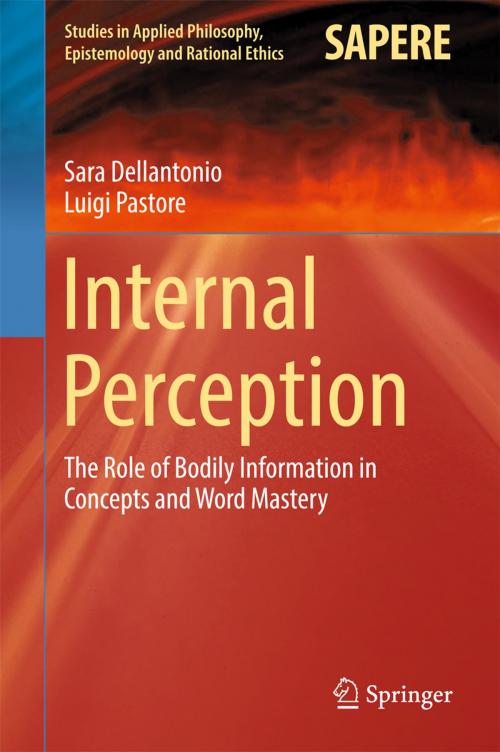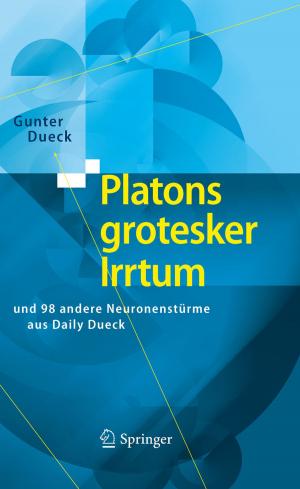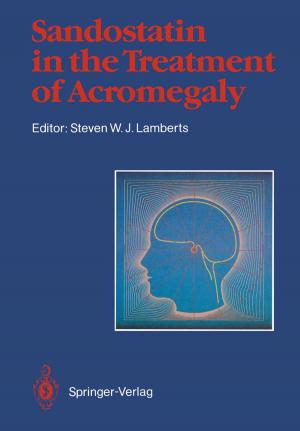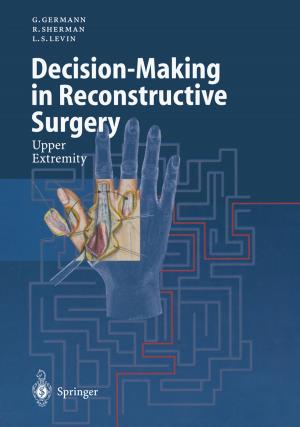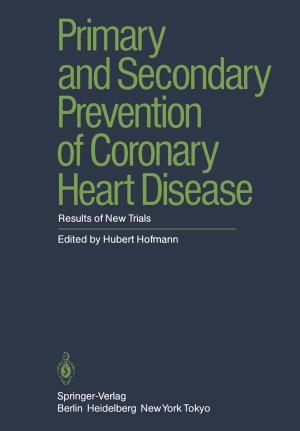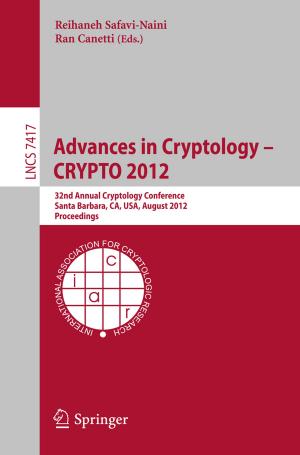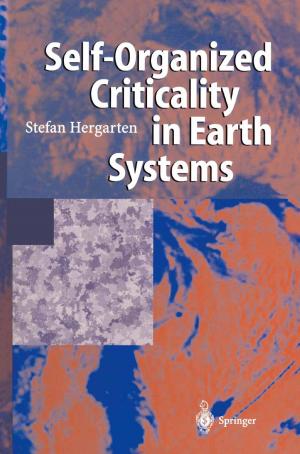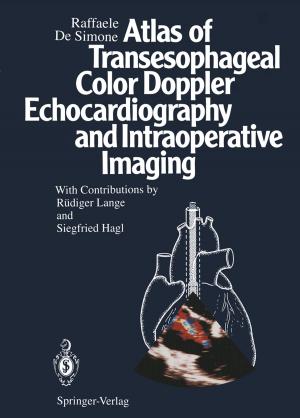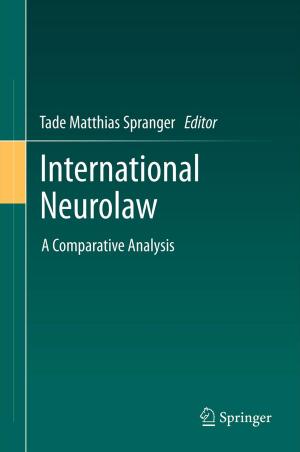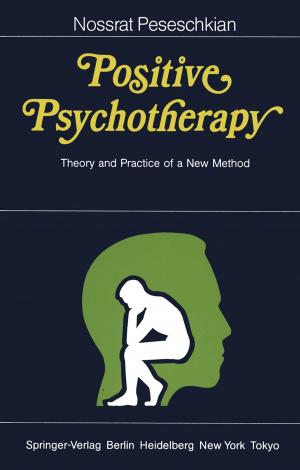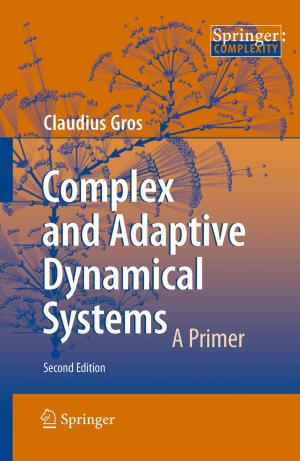Internal Perception
The Role of Bodily Information in Concepts and Word Mastery
Nonfiction, Health & Well Being, Psychology, Cognitive Psychology, Religion & Spirituality, Philosophy, Mind & Body| Author: | Sara Dellantonio, Luigi Pastore | ISBN: | 9783662557631 |
| Publisher: | Springer Berlin Heidelberg | Publication: | September 19, 2017 |
| Imprint: | Springer | Language: | English |
| Author: | Sara Dellantonio, Luigi Pastore |
| ISBN: | 9783662557631 |
| Publisher: | Springer Berlin Heidelberg |
| Publication: | September 19, 2017 |
| Imprint: | Springer |
| Language: | English |
This book investigates how bodily information contributes to categorization processes for at least some conceptual classes and thus to the individual mastery of meanings for at least some word classes.
The bodily information considered is mainly that provided by the so-called proprioceptive and interoceptive systems introduced by Sherrington. The authors reconsider this in a new Gibsonian fashion calling it more generally “proprioception”, which indicates the complex of all the bodily signals we are aware of and the qualitative experiences these give rise to. The book shows that proprioceptive information understood in this sense is essential for explaining (among others) how we develop broad categories such as animate vs. inanimate, concepts denoting bodily experiences such as hunger or pain as well as emotions and abstract concepts such as friendship and freedom and in accounting for how we master the meanings of the corresponding words in our language.
This book investigates how bodily information contributes to categorization processes for at least some conceptual classes and thus to the individual mastery of meanings for at least some word classes.
The bodily information considered is mainly that provided by the so-called proprioceptive and interoceptive systems introduced by Sherrington. The authors reconsider this in a new Gibsonian fashion calling it more generally “proprioception”, which indicates the complex of all the bodily signals we are aware of and the qualitative experiences these give rise to. The book shows that proprioceptive information understood in this sense is essential for explaining (among others) how we develop broad categories such as animate vs. inanimate, concepts denoting bodily experiences such as hunger or pain as well as emotions and abstract concepts such as friendship and freedom and in accounting for how we master the meanings of the corresponding words in our language.
